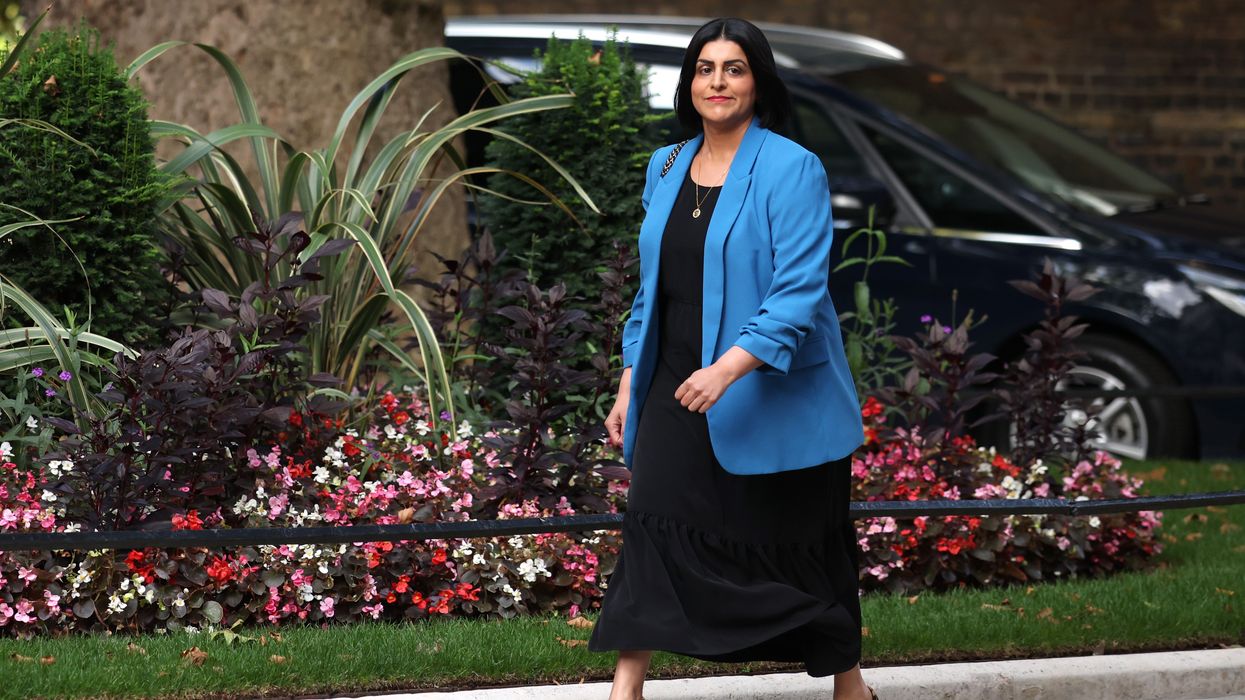Housed in a detention centre in southern England, Aladeen says he risked his life to travel thousands of miles from his homeland of Syria to escape being forced to fight in the military of President Bashar al-Assad.
Now the 21-year-old is battling to stay in Britain and avoid being sent across the world again, this time to Rwanda where the British government wants to send migrants who turn up illegally on its shores.
"It's the end of the world for me, I can't imagine it," he told Reuters by phone through an interpreter and declining to give his full name while his asylum claim is considered.
Aladeen, one of about 130 migrants initially given a ticket to Rwanda and now left in legal limbo, is caught in the British government's struggle to control its borders and manage voters' post-Brexit migration demands.
He is among more than 20,000 migrants to have made the precarious 20-mile journey from France to Britain this year on small boats across the English Channel, crossing one of the busiest shipping lanes in the world.
The status of migrants like Aladeen will be the subject of a legal challenge in London's High Court in early September when a coalition of human rights groups and a trade union will argue that the Rwanda policy is unworkable and unethical.
Governments across the world are wrestling with how to deal with an influx of refugees fleeing war-torn countries or persecution in their homelands. Britain is the latest country to attempt to outsource the settlement of asylum seekers.
Australia pioneered the concept and European governments have in recent years paid countries like Libya to stop migrants on their behalf. Denmark has signed a similar agreement on deportations with Rwanda, but has yet to send any migrants there.
Britain has portrayed its policy as humane, saying it will smash the business model of the people smugglers and end the emergency which has seen at least 166 people die or go missing, with 27 drowning in the worst accident in November.
But it has attracted widespread criticism - from lawmakers across the political divide, the United Nations and even heir to the throne Prince Charles - while the European Court of Human Rights issued injunctions to force the cancellation of the first deportation flight hours before it was due to leave in June.
The policy is also dwarfed by the scale of the challenge.
So far Rwanda has also only set up one hostel to accept UK arrivals, with a capacity of about 100 people, representing 0.35% of all the migrants who arrived in Britain last year.
A British official said the government was in talks to acquire another three or four hostels in Kigali, but even those would only provide accommodation for about 1.6% of last year's arrivals.
"I'm not going to pretend that the Rwanda policy is the single magic bullet, but I think it can make a big difference," outgoing British Prime Minister Boris Johnson said during a visit to Rwanda for a meeting of Commonwealth leaders in June.
INHUMANE, UNCOSTED AND NOT WORKING
In the meantime, the asylum seekers keep arriving, with 696 on Aug. 1 alone. A report by parliament's cross-party home affairs committee said last month that there was no evidence the Rwanda policy was deterring asylum seekers.
The numbers have been rising for several years.
In 2021, 28,526 people were detected arriving on small boats - with the highest number from Iran followed by Iraq, Eritrea and Syria. That was up from 8,466 in 2020, 1,843 in 2019, and 299 in 2018, contributing to the 1.5 billion pound ($1.83 billion) annual cost of running Britain's asylum system.
Johnson said officials earlier this year believed a record 60,000 asylum seekers could arrive in Britain this year.
Both candidates to replace him have also pledged to pursue the Rwanda policy, and the favourite, foreign minister Liz Truss, has vowed to extend it to more countries.
A spokesperson for the UK government described the situation as "unacceptable" and insisted the strategy was needed to stop people "making dangerous, unnecessary and illegal journeys".
Britain argues that 90% of the asylum seekers who make the journey are men, many of them economic migrants rather than genuine refugees.
LEAVE AS A FRIEND
At the Hope Hostel in Kigali, arrivals are greeted with a sign in English reading "Come as a guest, leave as a friend".
"As you can see, people will find it very comfortable here," manager Elisee Kalyango said of his hostel, perched on a hillside on the outskirts of the city, with its signs printed in English, Arabic, Farsi and Albanian.
About 20 people are employed to keep the rooms clean, the grass trimmed, and the facilities in working order even though there are no guests.
The plan is for deportees to spend nine months there, on a monthly allowance of about 90 pounds, while having their asylum applications considered before being moved to permanent housing in Rwanda.
The Rwandan scheme is intended to deter people like Aladeen from making hazardous journeys to Britain and to end people smuggling.
With five brothers and two sisters, Aladeen says he didn't know about the Rwanda policy before he left. He says he was a farmer who had to flee when he was conscripted into the Syrian military.
He says he was kidnapped and tortured for four months in Libya until his family paid a ransom. He then headed to Tripoli where he had a cousin, but fearful of being kidnapped again, left for Britain where he had relatives, via a five-day boat journey to Italy and a train to France.
Asked why he had not sought asylum in France, a question often posed by supporters of the Rwandan policy, he said he understood he would not be treated fairly there.
"I don't have family there to support me, all the family I know, everything I know - all the human rights ... that's why I came to the UK," he said.
In the northern French port of Calais, he says his family paid a people smuggler - he was not sure how much - and he made a seven-hour trip with 18 others on a small boat in mid-May.
Many others pulled out, too fearful to get into the boat.
On arrival in Britain, he was taken to a holding facility before being moved to a detention centre. He was initially given a ticket to Rwanda but said his lawyers had been able to cancel it.
"I feel I am being treated like a criminal. I am not a criminal, all I am doing is looking to settle and start a new life," he said.
Asked what he would do if sent to Rwanda, he said: "I'm not sure - my life is ended."
(Reuters)

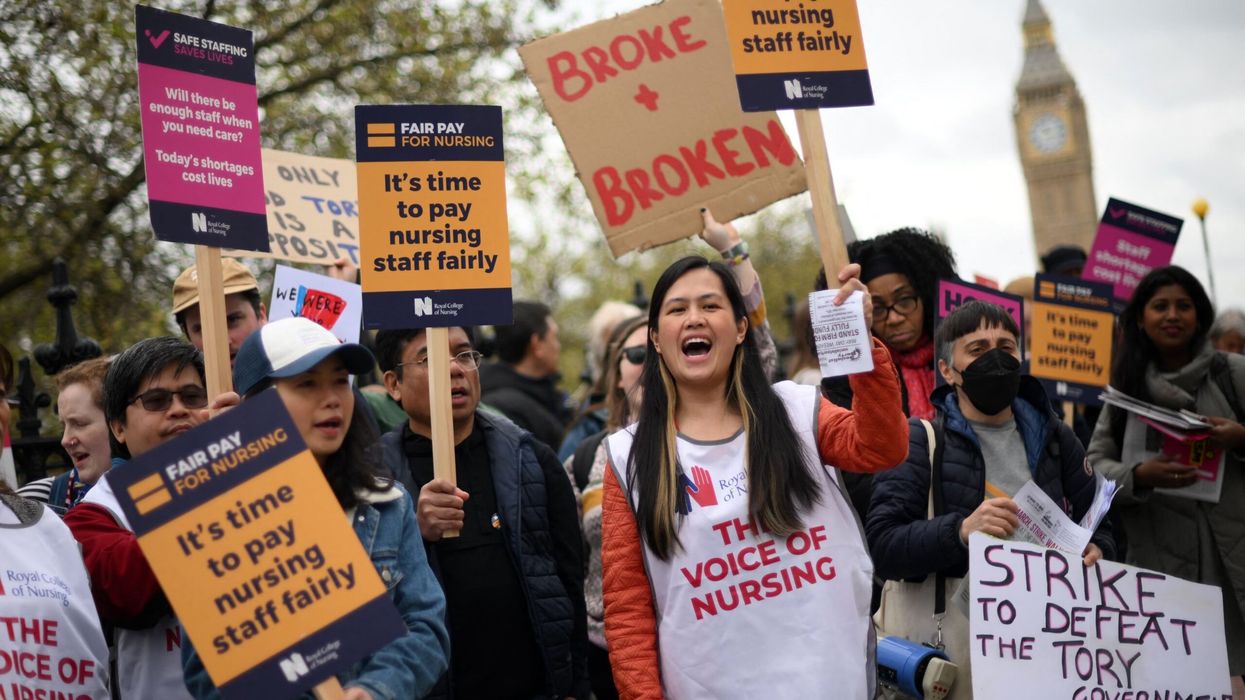
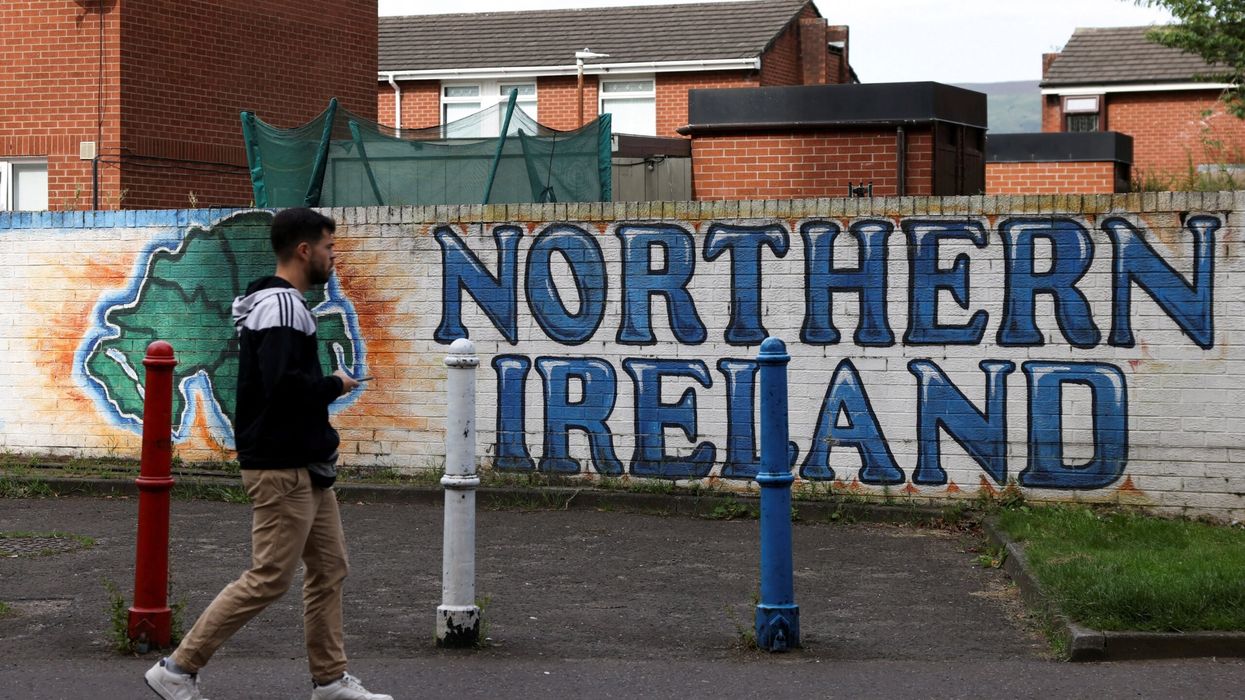

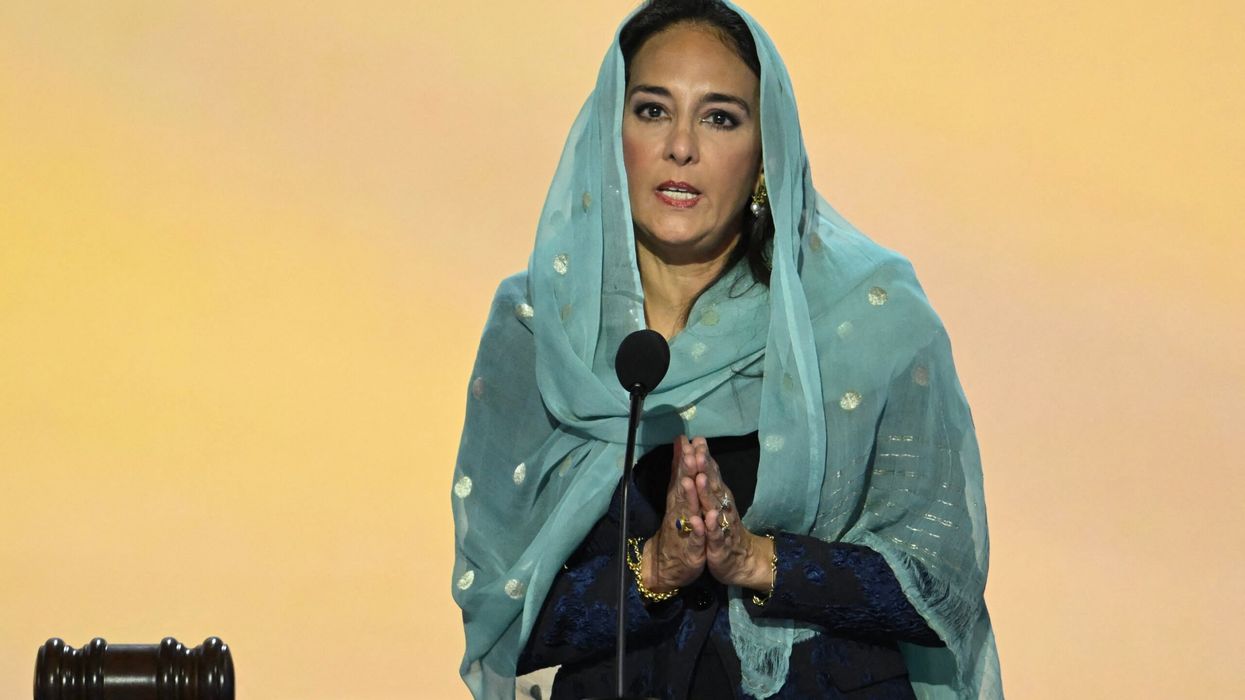
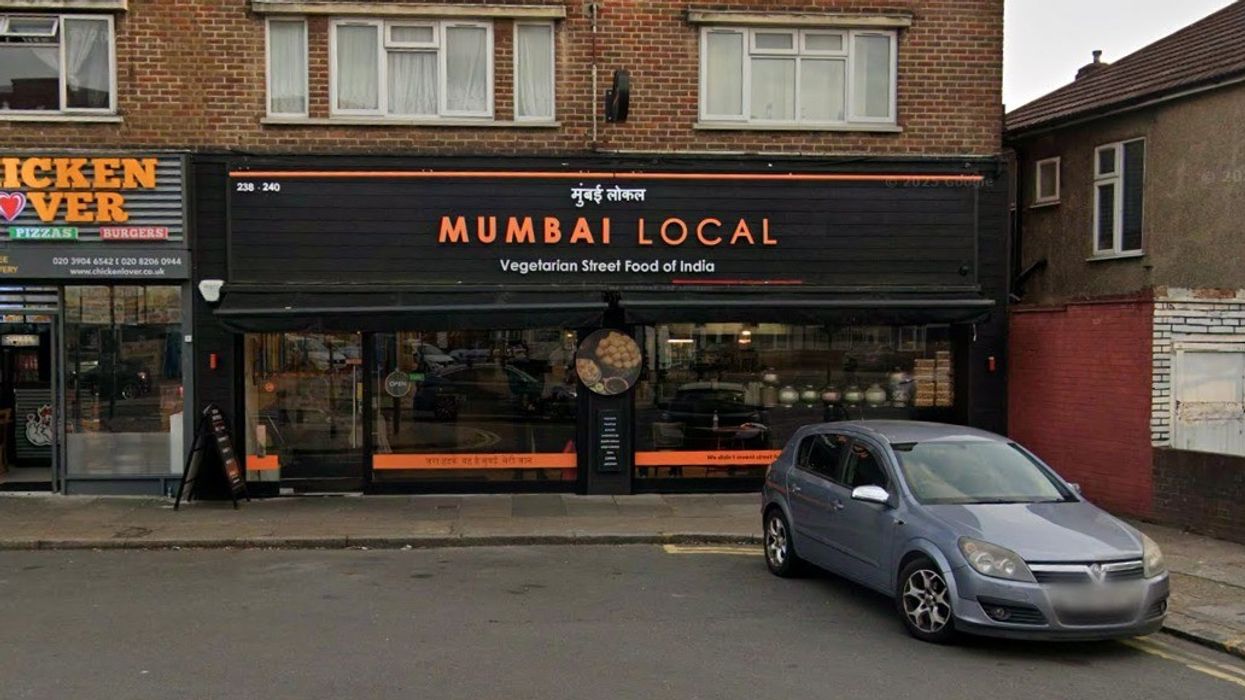

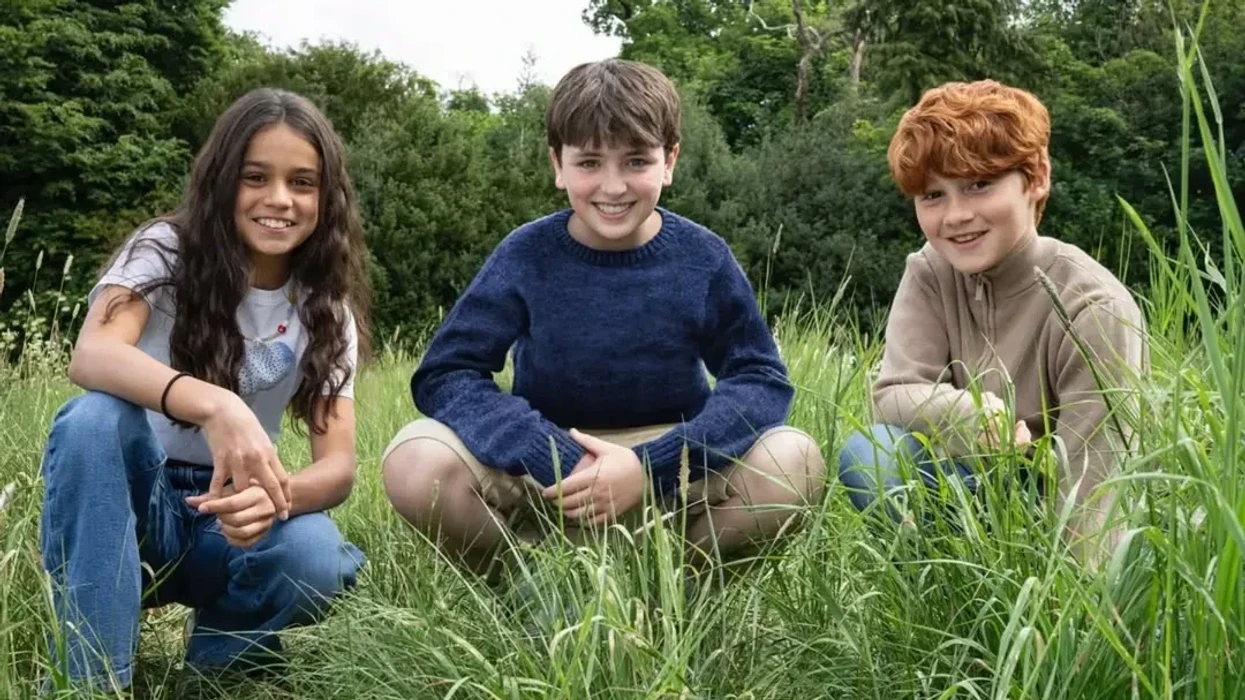




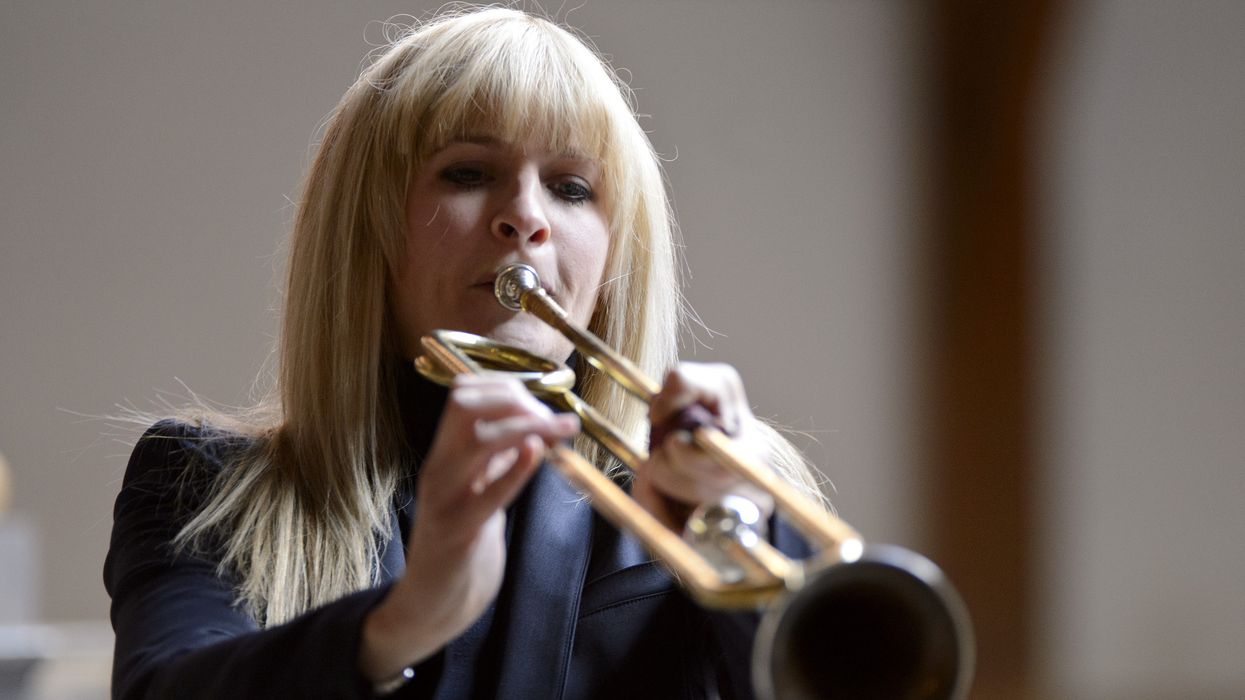
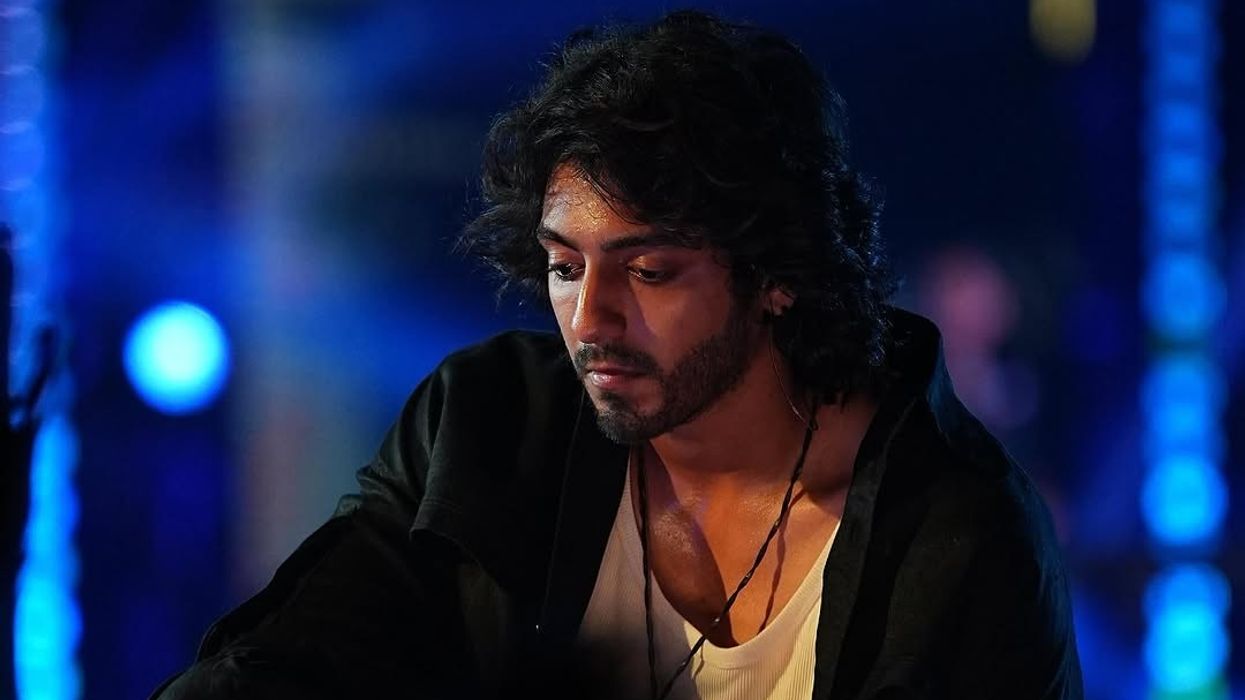

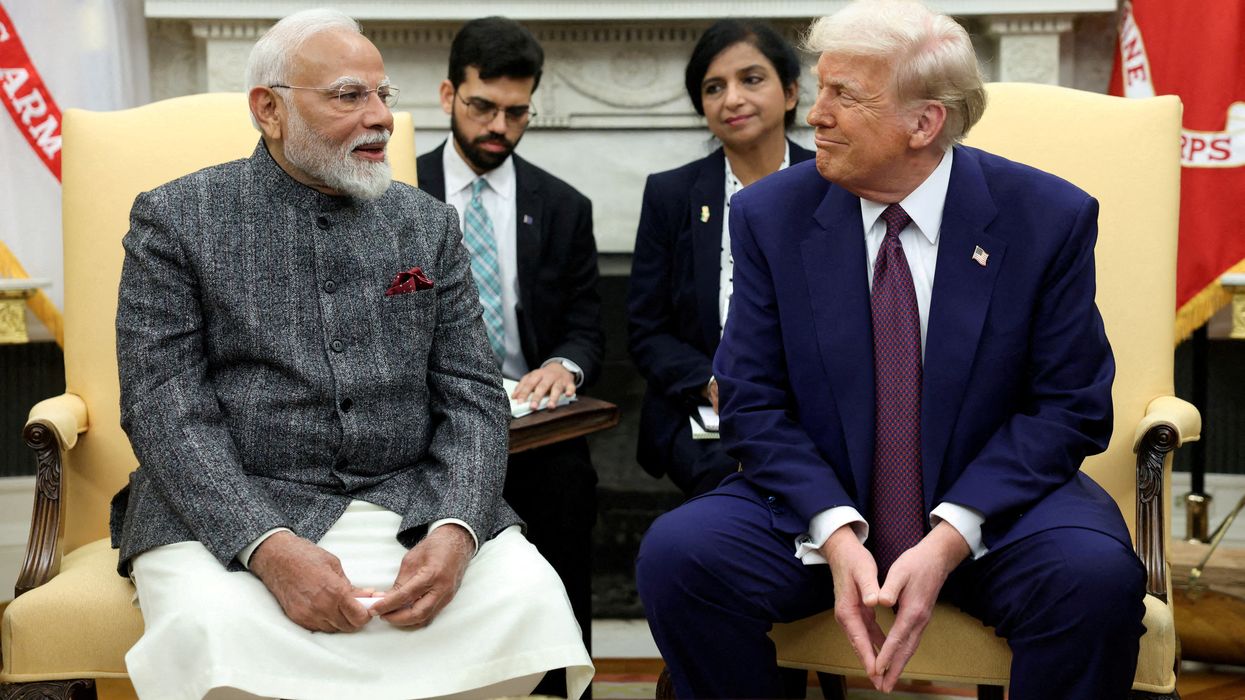
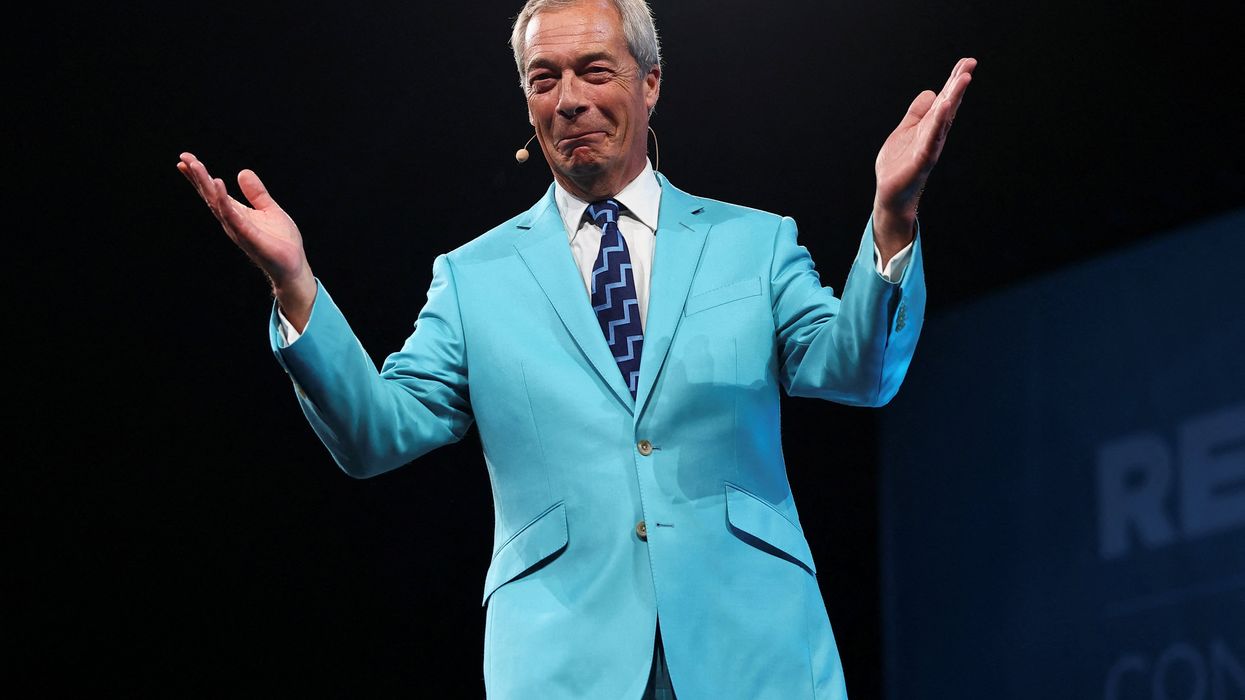
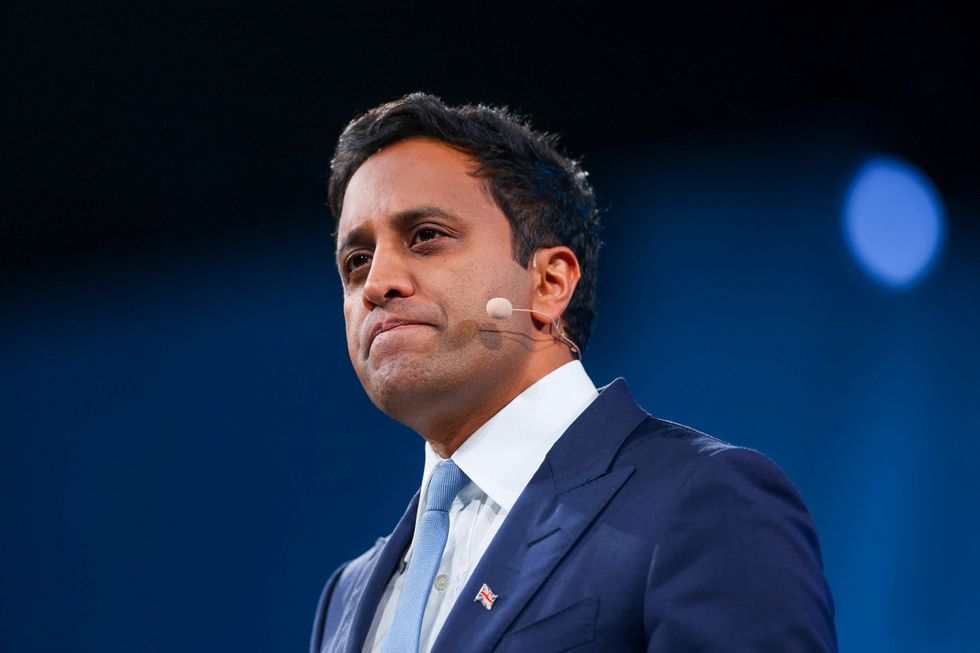 Zia Yusuf looks on during the party's national conference at the National Exhibition Centre in Birmingham, Britain, September 5, 2025. REUTERS/Isabel Infantes
Zia Yusuf looks on during the party's national conference at the National Exhibition Centre in Birmingham, Britain, September 5, 2025. REUTERS/Isabel Infantes